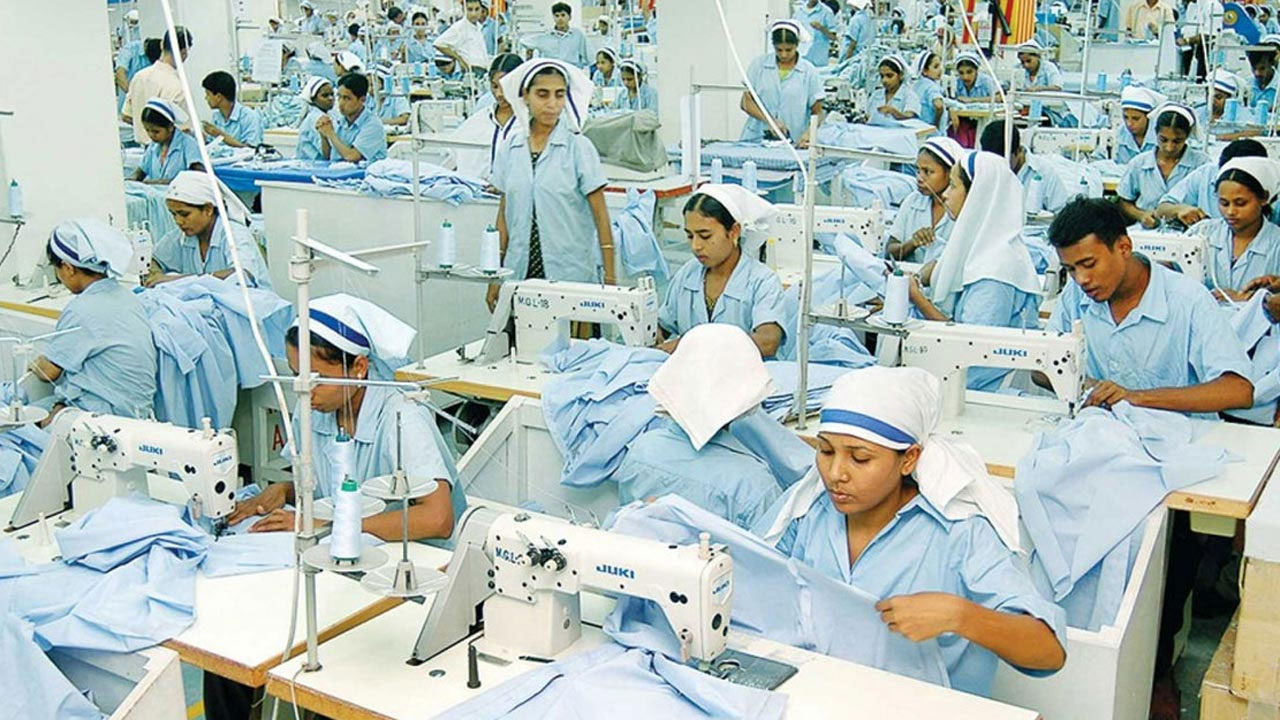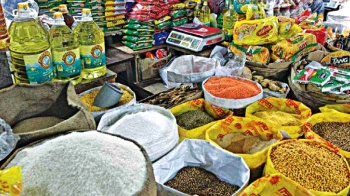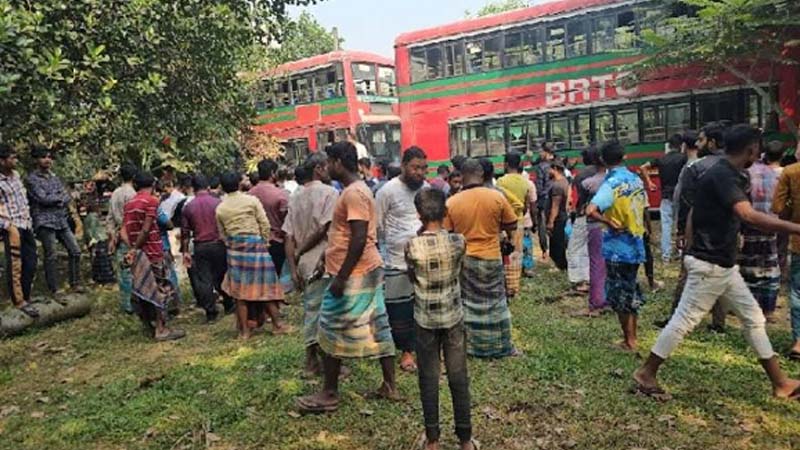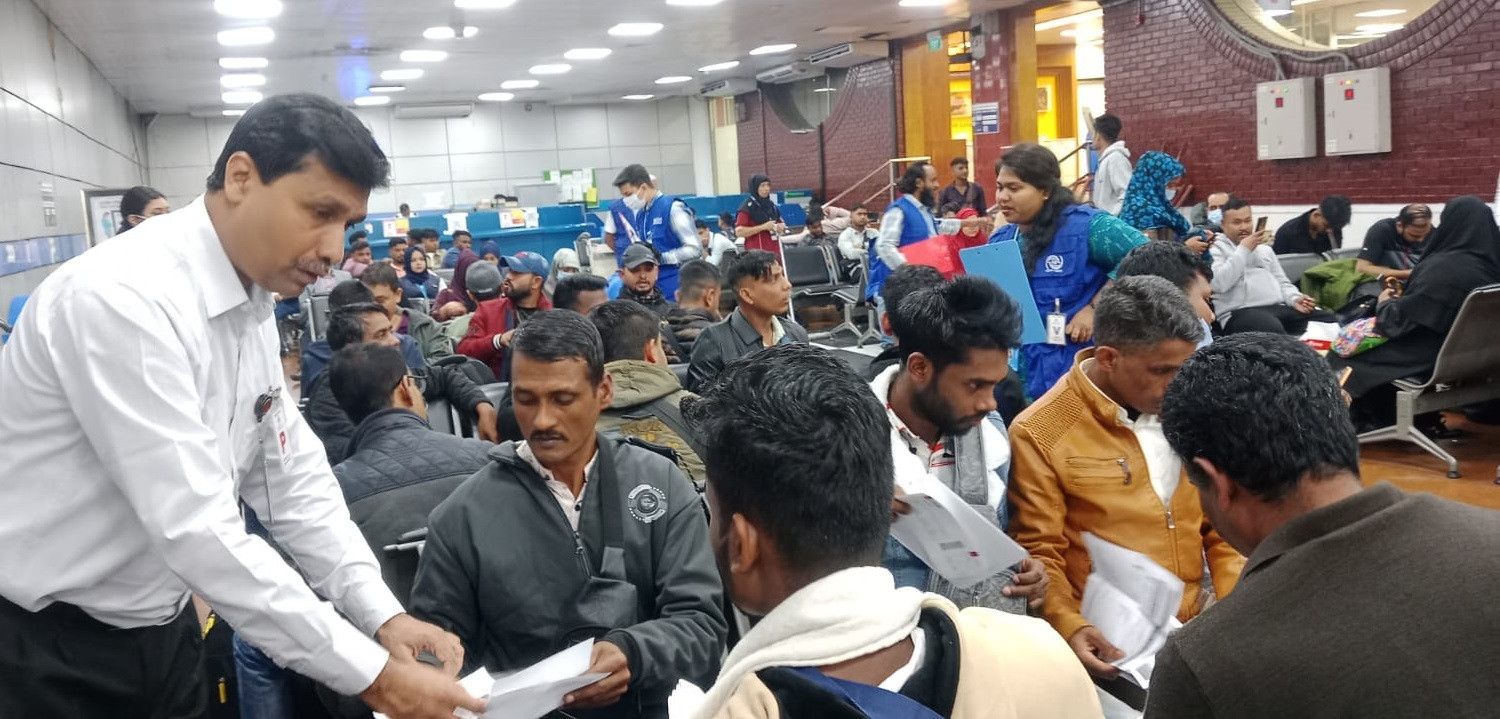Bangladesh is currently considered as the top emerging country for agricultural output, clearly reflecting government’s enabling policies for enhancing output of agro-products.
The revolutionary success in the agriculture sector over the last 10 years has been possible owing to sincere efforts from the government and relentless hard work of the farmers.
In the one decade, the country witnessed huge food production and it has become a food exporting country in the globe, according to local and international experts.
In order to continue the development of the sector, the government is continuing successful interventions , such as agricultural subsidies, other agricultural input incentives and support cards including those for fertilizers and seeds, support for agricultural rehabilitation, agriculture credit at easy terms, according to the agriculture ministry.
Despite flood, drought, salinity and hostile nature due to declining agricultural land, population growth and climate change and flood, Bangladesh is now an example in the world as a food grain producing country.
The country is now the third largest producer of vegetables and the fourth largest producer of rice and fish in the world.
The Sheikh Hasina-led Awami League government continued extending all out efforts to maintain the sustainable agriculture growth to meet all challenges caused by the reduction of agricultural land due to rapid urbanization and increased population and degradation of agriculture land by climate affect.
This success of the agricultural sector in the last 10 years is also playing an important role in the economic development of Bangladesh as a whole.
According to the Ministry of Agriculture, the contribution of agriculture sector to the gross domestic product (GDP) is 13.6 percent.
In order to build a hunger and poverty free country as dreamt by Father of the Nation Bangabandhu Sheikh Mujibur Rahman, the present government has taken various initiatives by giving utmost importance to the agricultural sector and considering the development of agriculture and the welfare of the farmers.
Now, subsistence agriculture has been transformed into commercial agriculture due to the timely steps taken by Prime Minister Sheikh Hasina in the agricultural sector.
Following the increase in productivity, the target of production of granular food grains has been exceeded around 435 lakh metric tons. The country has a surplus of rice now.
Rice production has increased in Bangladesh during the last decade. In 2009, the rice production was 313 lakh metric tonnes, which is now increased to around 370 lakh metric tonnes.
This year also a large amount of paddy has been produced. Bangladesh is going to be the third largest country in rice production due to continuous increase in production.
The US Department of Agriculture (USDA) made this forecast on May 14.
Maize production was 7.30 lakh MT, which has increased to 46 lakh MT.
The vegetable revolution has taken place in the country in the last one era. At present 60 types and 200 varieties of vegetables are being produced in the country.
There are 1 crore 62 lakh farming families in the country, almost all of these farming families cultivate vegetables. In 2009-10, 1 crore 25 lakh tonnes of vegetables were produced, which in 2018-19 was 1 crore 82 lakh tonnes.
Bangladesh is seventh in the world in potato production. This year potato production has been 1 crore 9 lakh metric tons.
Bangladesh is the seventh in the world in mango production and eighth in guava. Mango production has increased to about 24 lakh metric tons.
In order to get a fair price for the farmers and make safe vegetables and fruits easily available, a farmers market has been launched in Sher-e-Bangla Nagar in the capital, where farmers are marketing their produce directly.
This system will be gradually expanded to district and upazila towns, according to the ministry of Agriculture.
Various assistances have been extended to increase the cultivation of pulses, oilseeds, spices and maize.
The ministry is also working to cultivate cash crops like cashew nuts, coffee, etc. and to develop the market system. In order to reduce the production cost of the crop, the price of fertilizer was reduced in phases during last decade. In 2009, per kg TSP price was at taka 80, which is now taka 20.
Similarly, MOP price from Tk 70 to Tk 15 and DAP fertilizer from Tk 90 to Tk 16 has been fixed.
Under the agricultural incentive / rehabilitation program adopted by the present agro-friendly government, 960 crore 33 lakh 57 thousand taka has been provided since 2008-09, through which 86 lakh 40 thousand 44 farmers have benefited. Unprecedented success has been achieved in the development of improved and adaptable varieties of crops.
In the year 2018-19, there were 12












